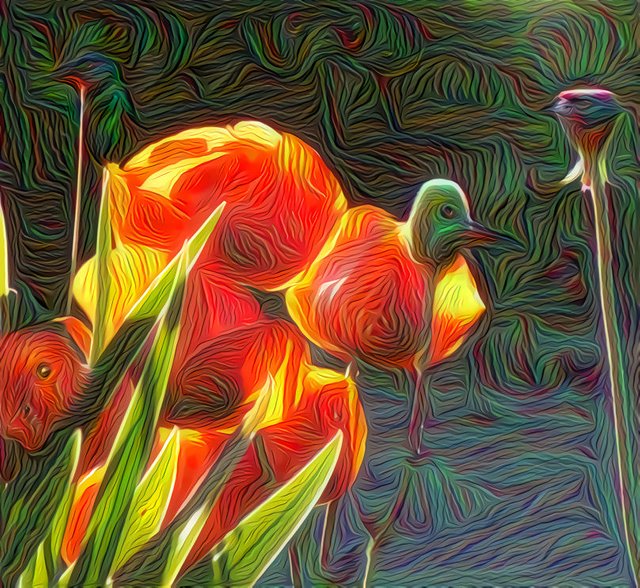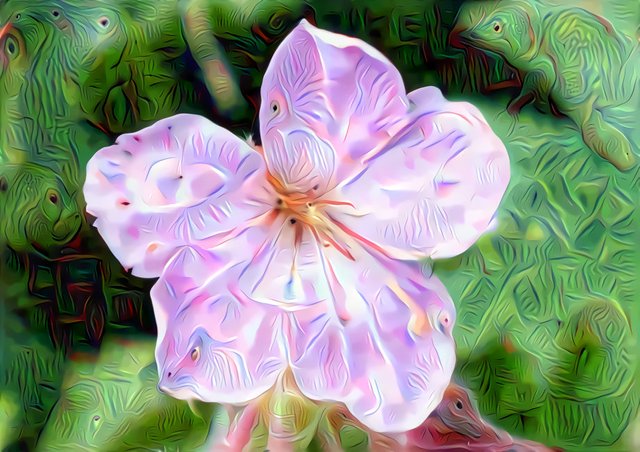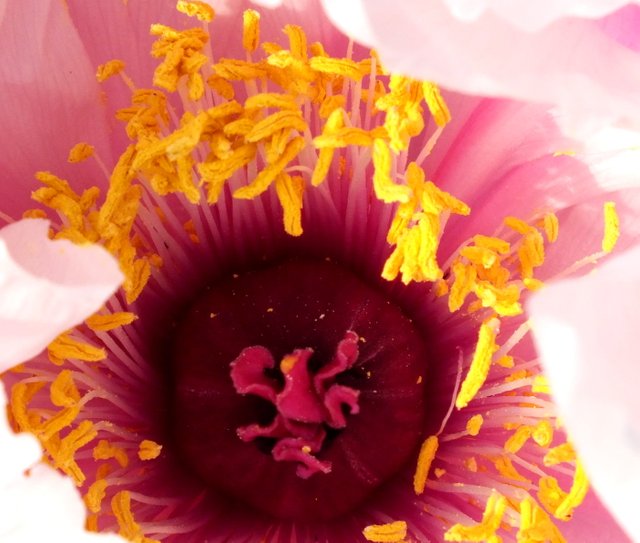Art and Creativity: Did You Keep Trying Long Enough?
There are lots of different truisms and clever saying relating to what it takes to become an "expert" at something.
Some will say that it takes "five years" to become an expert in your field; others use "10,000 hours" as a benchmark... which just happens to be about 40 hours a week for five years, but is a little more flexible about how much you "cram" — or don't cram — into each day, week and month.
Either way, it takes a good bit of effort to become an expert.
What Does That Have to do With Art?
You might wonder why I am bringing this up, on a blog that's mostly about art.
Becoming a professional fine artist (or most other types of creative endeavors) is not unlike becoming an expert. When you decide that you are going to live your life as a full-time artist, you are — in essence — making a declaration that you're about to become an expert in your field.
"How boring..."
In working with many artists of different ages and skill levels at the Red Dragonfly, one of the things we have noticed is that the "successful" artists we work with have a LOT in common with the process it takes to become an expert. They may not consciously be aware of what they are doing, but the numbers almost invariably hold true.
Naturally, there are occasional "flashes in the pan," but when we talk about professional artists, we are looking at those who can consistently produce high quality work, and always seem to be at the top of their games. And they are surprisingly few and far between.
"But What About Talent?"
Of course, talent also plays an important part in the journey to becoming a professional artist — an "expert." However, the time factor still seems to apply.
We have worked with a number of extremely talented (mostly younger) artists whose lack of "expertise" primarily showed up as a lack of consistency and an inability to focus when it was needed.
I certainly don't mean to knock the importance of raw talent, but being able to apply it effectively and consistently is something an artist tends to learn over time. Although it's a fact many prefer to think is not true, there seems to be no real substitute for experience.
The Dropout Factor
The primary reason I wanted to bring up the expertise factor today is to offer some guidance and encouragement to those artists who are working hard, but also feel frustrated because they don't feel like they are "getting anywhere."
In the case of art, "becoming known" is a process that takes time, no matter how great your talent. And becoming known does take a good bit of work and perseverance.
Over the years — at Red Dragonfly and my previous gallery — I have seen a number of artists more or less "give up" and go back to their office or hospitality jobs after declaring "I just don't think I'm cut out for this!" Upon a somewhat deeper inquiry, we'd then discover that they were only a couple of years into their art "careers" and still at what we might call a "building stage."
So my advice is that even if you do have to do other work and cut art to a slower schedule, keep going! There's no reason to give up and declare yourself just a hobbyist."
Thank you for reading! Red Dragonfly is a proud member of the @sndbox creative initiative.

The Red Dragonfly is an independent alternative art gallery located in Port Townsend, WA; showcasing edgy and unique contemporary art & handmade crafts by local and worldwide artists. All images are our own, unless otherwise credited. Where applicable, artist images used with permission.



I really enjoy reading your posts and find them very helpful and motivating. Even with very,very small steps I will going!
Comment removed